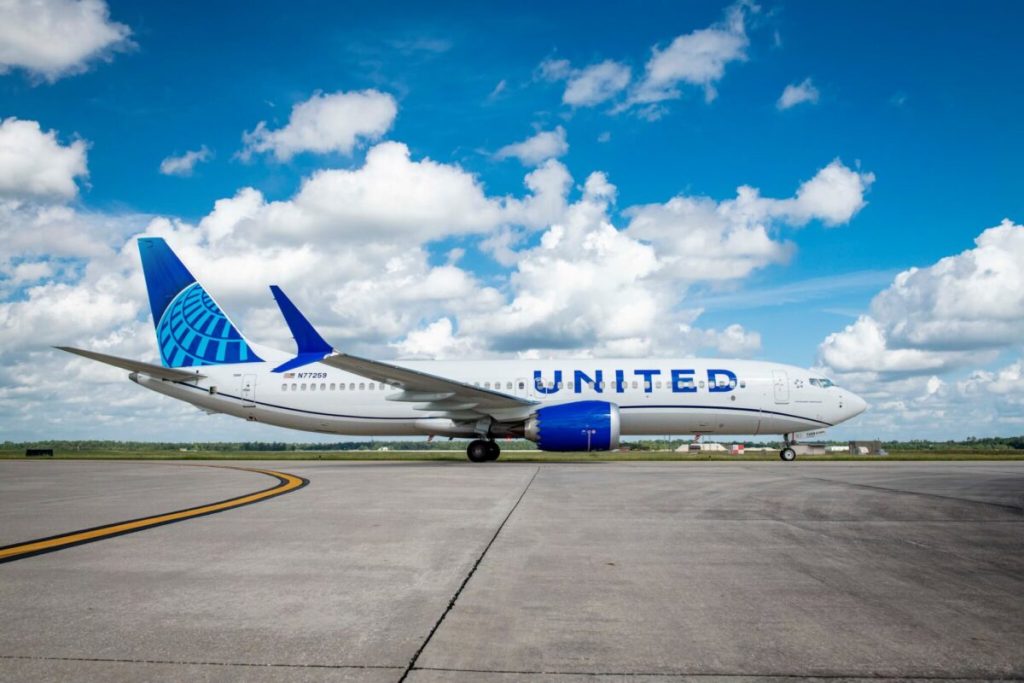As airlines continue to face delivery and certification issues with Boeing aircraft, United Airlines is offering its pilots unpaid time off in May due to delays in receiving their expected aircraft. The carrier’s forecasted block hours for 2024 have been reduced, leading to excess staffing that pilots can choose to remedy through a voluntary program. These delays are primarily impacting the delivery of 787 and 737 fleets, causing ripple effects across multiple aircraft types within United’s fleet.
The delays in receiving Boeing aircraft are forcing airlines like United to adjust their growth plans and make difficult decisions regarding capacity and hiring. United, Southwest, and Alaska Airlines are among those experiencing challenges in meeting their expected aircraft orders and are consequently reevaluating their workforce needs. The delays have resulted in United and Southwest halting pilot and flight attendant hiring to manage the impact of the delayed deliveries, causing further strains on the airlines’ operations.
Boeing’s delivery delays have also led to significant pressures on the company, culminating in CEO Dave Calhoun’s announcement that he will step down at the end of the year. Airline executives, including United CEO Scott Kirby and Alaska CEO Ben Minicucci, have expressed frustrations with Boeing’s quality control issues and delivery delays. The blowout incident involving a Max 9 with Alaska Airlines further exacerbated concerns over Boeing’s handling of aircraft quality and safety, prompting calls for a major leadership change within the company.
With uncertainty surrounding the certification of Boeing’s Max 10 variant, airlines like United and Southwest are actively seeking ways to mitigate the financial impacts of the delivery delays. Kirby and Southwest CEO Bob Jordan have emphasized the need for cost reductions in response to the delays, with a focus on managing expenses and adapting hiring plans accordingly. The emphasis on reducing costs and managing workforce planning highlights the challenges faced by airlines as they navigate the disruptions caused by delays in receiving Boeing aircraft.
The ongoing challenges with Boeing aircraft delivery and certification highlight the need for improved quality control and communication between the manufacturer and airlines. As airlines like United, Southwest, and Alaska navigate the impacts of delayed deliveries on their operations, there is a growing push for Boeing to address these issues and enhance its production system to meet regulatory requirements. The demands for improved quality programs from Boeing reflect the frustration and concerns shared by airline executives over the handling of aircraft delays and incidents affecting the industry.
In the midst of these challenges, airlines and Boeing are working to address the issues and strengthen their collaboration to mitigate the impacts on operations and customer service. The ongoing discussions between airline CEOs and Boeing’s leadership underscore the importance of transparency, accountability, and timely resolution of delivery and certification issues. As the industry continues to navigate the effects of delays and disruptions caused by Boeing’s aircraft, there is a shared commitment among stakeholders to prioritize safety, quality, and operational efficiency in delivering high-quality airplanes to meet regulatory requirements and customer expectations.


